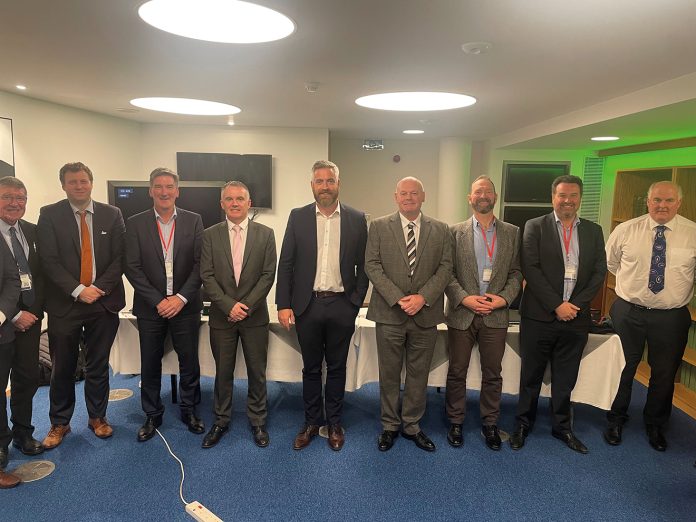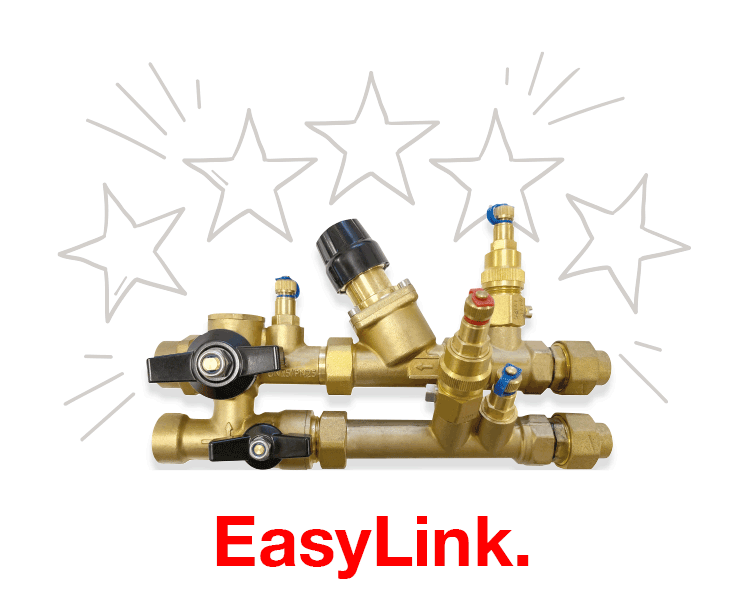With new research showing efforts to reduce emissions by retrofitting Irish buildings is stalling, governments on this island must take the necessary steps to allow biofuels to play their part on the road to net zero.
A study by UK sustainability advisors, 3Keel and Irish building materials firm Kingspan claims just 10% of the Republic of Ireland’s annual retrofitting target was met in 2022, with much of the country’s building stock still heavily dependent on fossil fuels.
And, despite record levels of government funding for national retrofitting programmes, the Public Accounts Committee has been told the average homeowner is looking at a cost of €40,000 after grant aid to bring their home to an A standard of energy efficiency.
While grants to assist with retrofitting may appeal to some, these findings appear to reinforce the view they are usually only adopted by consumers who can afford the works and can use the grant to supplement their expenditure.
For many, this level of expenditure is simply unaffordable. Decarbonisation can only be achieved with consent and if Ireland is to realistically achieve its legally binding net-zero targets, the government must let cost-effective biofuel solutions play their part.
For new properties and those with optimum levels of insultation, heat pump technology is without doubt an excellent net-zero option but it is not for everyone.
At present, there is no single ‘fuel of the future’ and utilising low-carbon renewable liquid fuels such as hydro-treated vegetable oil (HVO) could see the average household’s carbon footprint fall by around 88% per year.
Our calculations put the average price of adapting an oil boiler to run on HVO at around £500 – considerably less than the cost quoted to the PAC for retrofitting a property and installing a heat pump.
According to the Environmental Protection Agency, Ireland’s emissions fell by just 2% last year, meaning carbon output is on course to fall by just 29% by the end of the decade, rather than the 51% required.
While this is hardly welcome news, OFTEC believes net-zero targets on both sides of the border can still be achieved, provided governments and business leaders pull in the same direction.
We know rapid change is possible when business and policymakers align. In the Republic, the Department of the Environment, Climate and Communications is currently consulting on the introduction of a renewable component in fuels. The good news is that DECC has agreed to meet with the liquid fuel sector to discuss the level of ambition and how such a scheme could work.
And, in recent days, we have seen the CEO of DCC, Donal Murphy, call on the government to be more ambitious in incentivising change and promoting cleaner fuels such as HVO.
Hopefully, this is a sign both business and government are now seriously considering HVO as a pragmatic tool that will yield immediate carbon savings, offer market certainty and limit disruption in our journey to net-zero emissions.
Meanwhile in Northern Ireland, where energy is a devolved matter, the Department for the Economy has kicked off a call for evidence on using liquid biofuels in a series of planned stakeholder and working group meetings.
OFTEC is one of the stakeholders and we will continue to lobby to ensure biofuels are included in a fair and effective strategy to help Northern Ireland meets its net-zero targets.
We are hopeful this strategy will align with policy set in Westminster, where Prime Minister Rishi Sunak seems to be pressing ahead with plans to consult on a renewable liquid heating fuel obligation within the next 12 months.
We must press ahead with decarbonisation and in OFTEC’s opinion it is vital governments on both sides of the border bring about plans to support the deployment of renewable liquid fuels for heating immediately – so that progress can be made quickly.











